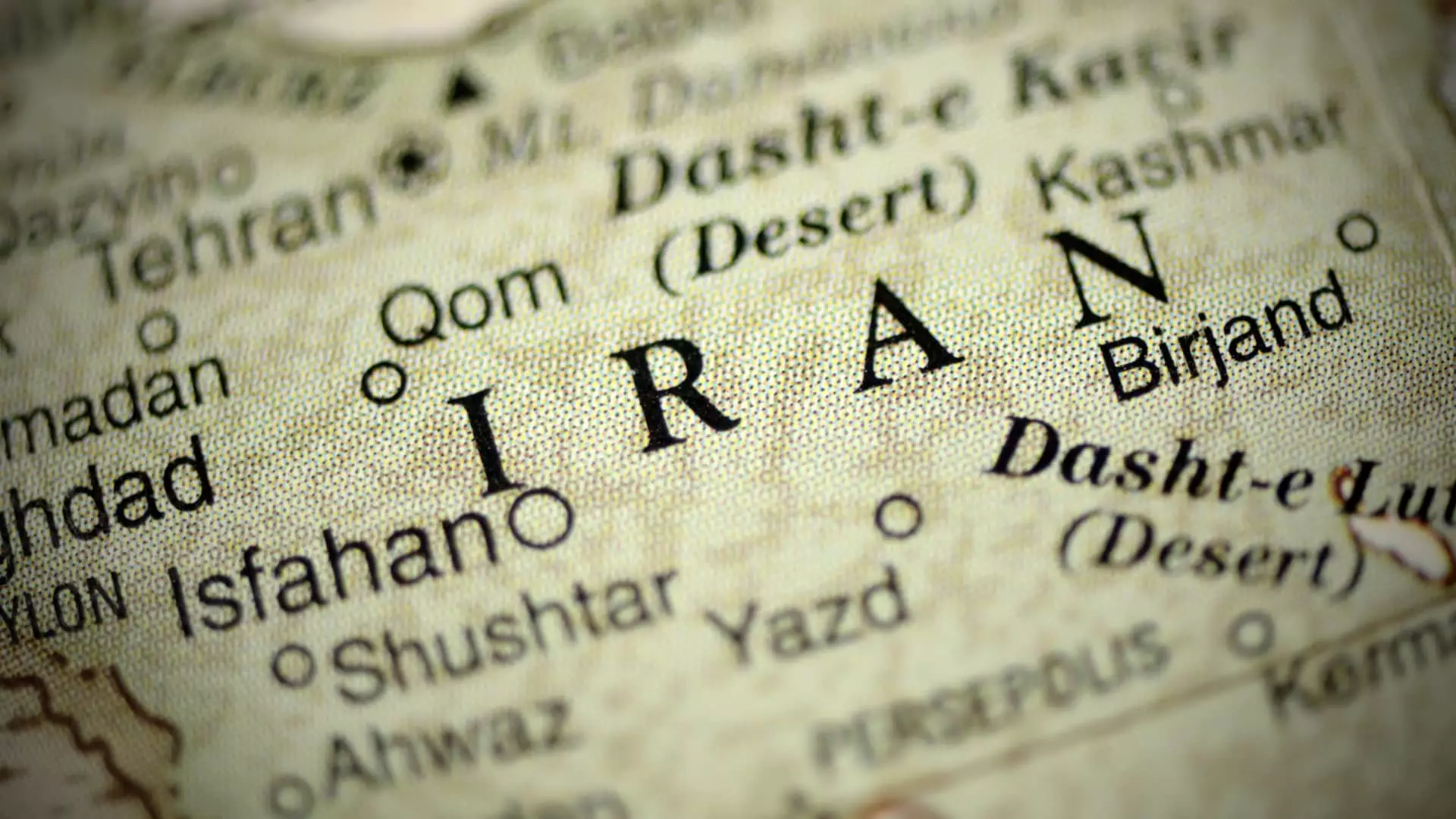The geopolitical tensions between Israel and Iran have reached a critical juncture, primarily catalyzed by a series of missile attacks launched by Iran on October 1st. These actions were framed by Iranian officials as a direct response to Israel’s military maneuvers in Lebanon, alongside the targeted assassinations of key political figures, including Hamas leaders like Ismail Haniyeh and Hezbollah’s Hassan Nasrallah. The complexity of this conflict underscores a long-standing narrative of retaliatory aggressions, distrust, and regional power dynamics that have defined Middle Eastern politics for decades.
In the wake of Iran’s missile strikes, U.S. officials are closely monitoring Israel’s military strategy and potential targets of retaliation. Intelligence assessments indicate that Israel is likely to focus its response on military and energy installations linked to Iranian capabilities. Notably, nuclear facilities and high-profile assassination missions appear off the table, reflecting a strategic decision to avoid escalatory moves that could exacerbate the conflict. This discernment showcases Israel’s tactical acumen, as it balances assertiveness with caution, acknowledging the precariousness of their situation.
The readiness of the Israeli military is palpable, a fact confirmed by U.S. officials who report that operational forces are primed to execute orders immediately upon confirmation. However, uncertainty looms over the timeline of such a response; U.S. sources have stated that despite Israel’s preparedness, there is no set schedule or confirmed course of action. This ambiguity suggests a careful deliberation process within the Israeli government regarding the implications and fallout of any military operation.
The Impact of Timing and Intelligence Sharing
The timing of Israel’s potential response remains particularly contentious, with speculations indicating that actions might align around the Yom Kippur holiday. Historical precedence plays a significant role in this deliberation, highlighting the poignant memories associated with past conflicts during sacred observances. The intricate balance between operational necessity and respect for national sentiments shapes the decision-making landscape for Israeli leaders.
Further complicating matters is the flow of intelligence between the U.S. and Israel regarding the planned retaliation. While the Israeli government has provided the U.S. with certain strategic insights, many specifics have been withheld under the guise of operational security. This reticence reflects the common practice of maintaining a veil of opaqueness in military planning amidst international scrutiny. The stakes are undeniably high, and both nations realize that a miscalculated response could lead to dire consequences for regional stability.
The United States remains a pivotal ally in this geopolitical equation. Although U.S. military support for Israel’s potential operation appears unlikely, Washington has stressed the importance of a proportionate response, advocating for strikes that prioritize military targets while eschewing civilian infrastructure, especially in energy and nuclear sectors. This advocacy underscores U.S. interests in sustaining regional stability while minimizing humanitarian crises that could arise from unchecked military engagement.
Conversations between President Biden and Israeli Prime Minister Netanyahu indicate a divergence in focus; while Israel aims to project strength through military readiness, American leaders emphasize the significance of addressing humanitarian concerns in areas like Gaza and Lebanon. Biden’s dialogue underscores a commitment to de-escalation, urging Israel to prioritize diplomatic pathways alongside military options.
As Israel grapples with its strategic decisions, the overarching question remains: how will this situation evolve? The interplay between military readiness, strategic restraint, and humanitarian consideration adds layers of complexity to an already volatile situation. With U.S. officials urging caution and proportionality, the international community watches closely, understanding that the implications of these decisions will resonate far beyond the immediate conflict, potentially reshaping the geopolitical landscape of the Middle East for years to come. As such, Israel’s actions in the coming days will not only reflect its military capabilities but also its commitment to navigate the labyrinth of regional politics amidst ongoing threats from Iran.

Leave a Reply